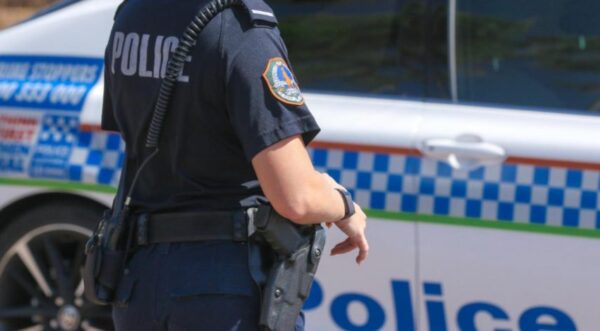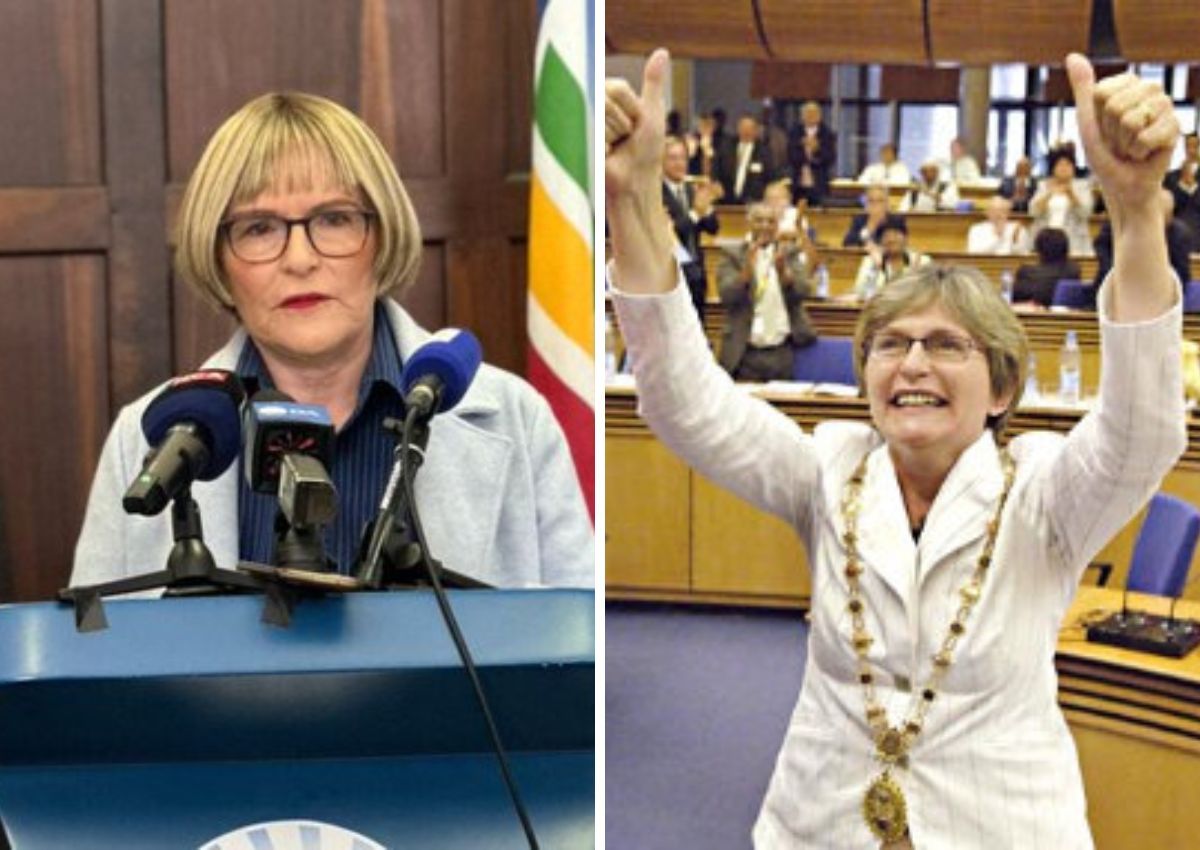Getting stopped by a police officer can be a stressful experience—especially if you’re unsure how to respond.
In South Africa, like anywhere else, your attitude and words during that interaction can shape the outcome.
Whether you’re pulled over in traffic or stopped during a routine check, it’s crucial to remain respectful, calm, and legally aware.
Here are five things you should never say when a South African police officer stops you—and what to do instead.
1. “Do you know who I am?”
Trying to name-drop or assert your status rarely works in your favor. It comes across as arrogant and might even provoke a more intense response from the officer. Whether you’re a VIP or just a regular citizen, everyone is subject to the same laws.
Better: Stay respectful and cooperative, regardless of your background. A calm “Good day, officer. Is everything okay?” goes much further.
2. “You have no right to stop me.”
This is a common but dangerous misunderstanding. Police in South Africa have the legal authority to stop individuals or vehicles under various lawful conditions—especially during random searches, roadblocks, or when enforcing traffic laws.
Better: If you’re unsure about the stop, calmly ask, “Could you please explain the reason for this stop?”This shows that you’re informed but not confrontational.
3. “I don’t have to show you anything.”
This can escalate things quickly. If you’re driving, the law requires you to present your driver’s license when asked. If you’re a pedestrian, you might be asked to provide identification in certain circumstances (e.g., during a roadblock or search operation).
Better: Carry your ID or driver’s license and show it when asked. If you feel your rights are being violated, comply first and raise concerns later through proper legal channels.
4. “I know my rights!” (in a hostile tone)
It’s absolutely okay to know and assert your rights—but tone matters. Shouting this phrase, especially in a confrontational way, often makes the officer defensive or suspicious. It could turn a simple stop into an unnecessary standoff.
Better: Use a calm, respectful tone. You can say, “I’d like to understand my rights in this situation. May I ask a few questions?”
5. “Let’s sort this out here…” (Hinting at a bribe)
This is a serious offense. Offering or suggesting a bribe to a police officer in South Africa is a crime. It can lead to arrest, prosecution, and a permanent criminal record—even if the officer seemed open to it.
Better: If you’re issued a fine or charged with an offense, handle it through the official legal system. Never attempt to “make a plan” on the spot.
Final tips for a safe interaction:
-
Remain calm and polite at all times.
-
Avoid sudden movements or aggressive behavior.
-
Record the encounter if you feel unsafe (it’s legal to do so in public, but inform the officer).
-
Ask for their badge or name if needed.
-
Report misconduct to IPID (Independent Police Investigative Directorate) after the incident.
Remember: Respect goes a long way in tense situations. Knowing your rights and showing courtesy can keep interactions safe, legal, and less stressful—for both you and the officer.












